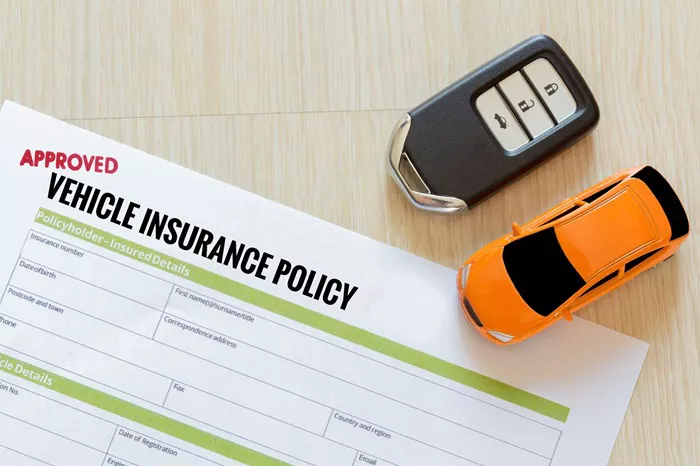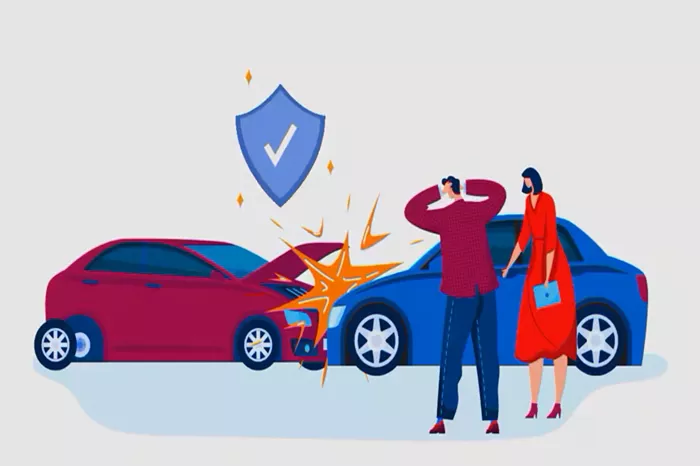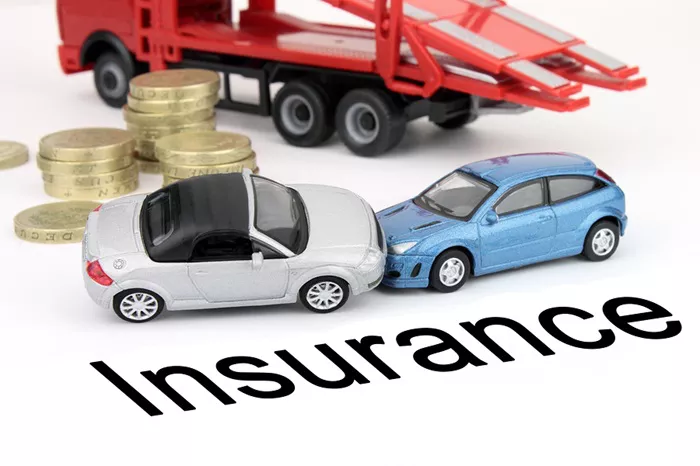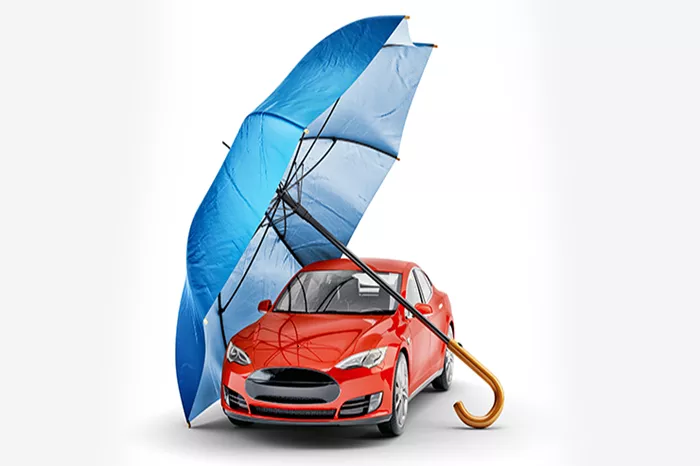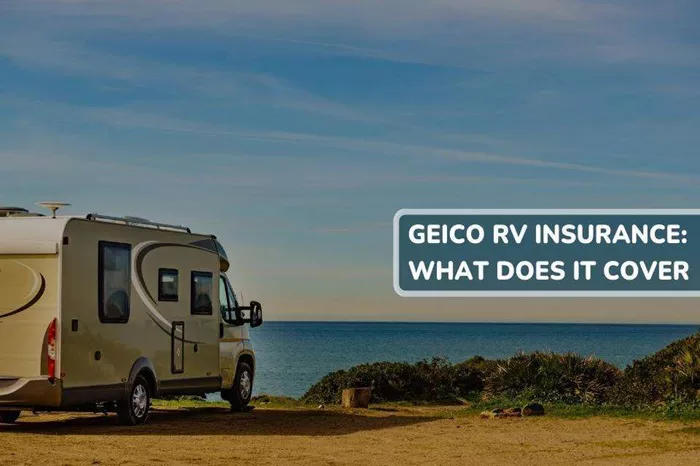Renting an RV can be a great way to explore the open road, visit national parks, or take a road trip with family and friends. But before you hit the road, there’s an important factor to consider—insurance. You might be wondering: Do you need insurance when renting an RV? The short answer is yes, but there are a few details you need to know before you make your decision.
In this article, we’ll explain why RV rental insurance is essential, what coverage options are available, and how to choose the best insurance for your RV rental. Whether you’re a first-time renter or an experienced traveler, understanding your insurance needs can help protect you from unexpected situations.
Why Do You Need Insurance When Renting an RV?
When you rent an RV, you’re borrowing someone else’s property. Just like with a rental car, the owner of the RV expects you to take care of the vehicle and return it in good condition. However, accidents and unforeseen events can happen, which is why insurance is necessary. RV insurance protects you from financial losses if something goes wrong while you’re on the road.
Here are some of the risks you face without RV insurance:
Accidents – Whether you’re involved in a collision with another vehicle or hit a tree, accidents can happen, and you could be held responsible for damages.
Theft or Vandalism – If the RV is stolen or damaged while in your care, you could be liable for the cost of repairs or replacement.
Weather Damage – Severe weather conditions, such as storms, hail, or floods, could cause significant damage to the RV, leaving you responsible for repairs.
Personal Injury – If you or a passenger are injured during the rental, you could be facing expensive medical bills and additional costs related to the injury.
To avoid these risks, having the proper insurance coverage is crucial. Let’s explore the different insurance options available when renting an RV.
Types of Insurance for RV Rentals
When you rent an RV, the rental company may offer several types of insurance coverage. Understanding what each type covers and how it fits into your needs will help you make an informed decision.
1. Liability Insurance
Liability insurance is one of the most important types of coverage when renting an RV. It covers damage to other people or property that occurs if you are at fault in an accident. Liability insurance is typically required by law and is included in most RV rental contracts. However, the amount of coverage may vary depending on the rental company and local regulations.
Liability insurance generally covers:
Bodily injury – Medical costs for injuries to others involved in the accident.
Property damage – Repairs or replacement of property (e.g., another vehicle, buildings, fences) damaged in the accident.
It’s important to check the limits of liability insurance provided by the rental company. In some cases, you might want to consider additional coverage if the standard limits aren’t sufficient to protect your assets.
2. Collision Damage Waiver (CDW)
A Collision Damage Waiver (CDW) is an optional insurance offered by most RV rental companies. While it’s not technically insurance, it works like one. If you purchase CDW, the rental company waives your responsibility for damages to the RV caused by a collision, regardless of who is at fault.
The CDW typically covers:
Damage to the RV – This includes repairs to the vehicle’s exterior, interior, and components.
Accidents – If you’re in an accident, the CDW will cover the cost of the damages to the RV.
While CDW can provide peace of mind, it’s essential to read the fine print. Some rental companies may have exclusions, such as damage caused by driving off-road, reckless driving, or driving under the influence of alcohol or drugs.
3. Comprehensive Insurance
Comprehensive insurance covers non-collision incidents that may damage the RV. These can include theft, vandalism, fire, falling objects, and natural disasters like storms or hail. Comprehensive insurance is an optional add-on to your rental agreement, but it’s highly recommended if you plan on traveling in areas with unpredictable weather or a higher risk of theft.
Comprehensive insurance typically covers:
Theft – If the RV is stolen during the rental period, the insurance helps cover the replacement cost.
Vandalism – If the RV is damaged due to vandalism, this coverage can help pay for repairs.
Weather-related damage – Severe weather events, such as hail or flooding, that damage the RV are covered by comprehensive insurance.
4. Personal Injury Protection (PIP)
Personal Injury Protection (PIP) is a type of insurance that covers medical expenses for injuries sustained by you or your passengers during the rental period. PIP is not always included in the standard RV rental agreement, so you’ll need to check with the rental company to see if it’s offered as an add-on.
PIP typically covers:
Medical expenses – Hospital bills, doctor’s visits, and other medical treatments.
Lost wages – If an injury prevents you from working, PIP may cover lost income.
Funeral expenses – In the event of a fatal accident, PIP can help cover funeral and burial costs.
5. Roadside Assistance
Roadside assistance is another optional coverage that can be added to your RV rental insurance. It provides help if your RV breaks down, runs out of fuel, or experiences a mechanical failure while on the road. Roadside assistance typically covers:
Towing – If the RV breaks down and cannot be repaired on-site, towing to a nearby repair facility is covered.
Battery jump-start – If the RV’s battery dies, roadside assistance can send a technician to jump-start the battery.
Flat tire repair – If the RV has a flat tire, roadside assistance will help with a replacement or repair.
Lockout service – If you accidentally lock yourself out of the RV, roadside assistance can help you regain access.
Roadside assistance is particularly useful when traveling long distances or through remote areas where you may not have easy access to help.
What Does Rental Insurance Not Cover?
While rental insurance provides important protection, there are some exclusions to be aware of. Most rental agreements will not cover:
Driving under the influence – If you’re caught driving under the influence of alcohol or drugs, your rental insurance will not cover any resulting accidents or damages.
Off-road driving – Some rental companies exclude coverage for accidents that occur while driving off-road or on unpaved roads.
Negligence – If the damage to the RV is a result of reckless driving or negligence, you may be held financially responsible.
Personal property – Insurance typically doesn’t cover damage or loss of personal belongings stored in the RV.
It’s essential to read the terms and conditions of the rental agreement carefully to understand what is and isn’t covered. You can also contact the rental company to clarify any specific exclusions.
Should You Use Your Own Insurance for RV Rentals?
If you already have car insurance, your policy may cover you when renting an RV, but it’s essential to verify with your insurance provider. Some personal car insurance policies extend coverage to RV rentals, but the coverage may be limited and may not include the full range of protections offered by the rental company.
Here are a few things to consider when using your own insurance:
Coverage limits – Your personal car insurance may not provide enough coverage for an RV, especially if it’s a larger, more expensive vehicle.
Deductibles – Check if your deductible will apply to any claims made on the RV rental.
Exclusions – Some car insurance policies exclude coverage for RVs or motorhomes, so it’s crucial to review your policy or contact your provider.
If your personal insurance doesn’t provide adequate coverage for an RV rental, you may need to purchase the rental company’s insurance to fill the gap.
How to Choose the Best Insurance for Your RV Rental
When deciding on insurance for your RV rental, consider the following factors:
Your budget – Rental insurance can add up, so consider how much you’re willing to spend on coverage. Compare the cost of different options and the protection they offer.
Trip duration – If you’re renting the RV for a short trip, you might choose minimal coverage. However, for a long trip, comprehensive insurance may be a better option.
Risk level – If you’re traveling through areas with high rates of theft, weather risks, or poor road conditions, investing in additional coverage like comprehensive insurance or roadside assistance can provide peace of mind.
Personal insurance – If you have personal car insurance that covers RVs, you may not need to buy additional coverage, but be sure to confirm the details with your insurance provider.
Conclusion
Renting an RV is an exciting way to explore new destinations, but it’s essential to ensure that you’re protected in case of an accident, theft, or damage. Insurance when renting an RV is crucial for covering potential risks, and there are several types of coverage options to choose from. By understanding your needs and the insurance options available, you can make an informed decision and enjoy your RV trip with peace of mind. Always read the rental agreement carefully and ask questions if you’re unsure about any of the coverage details.
Related topic:
What Happens If You Have No Car Insurance



